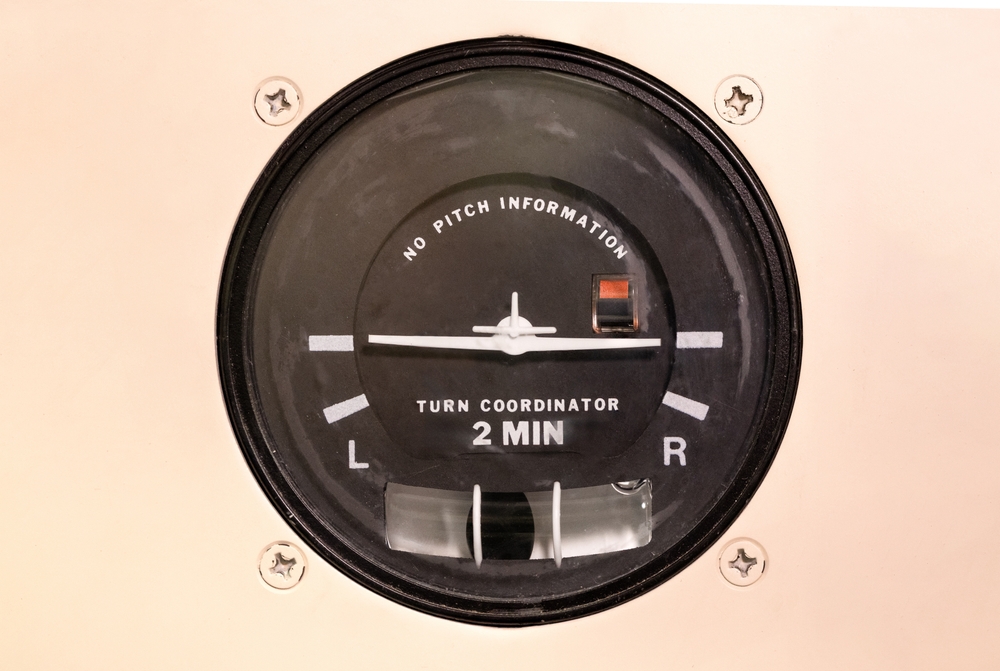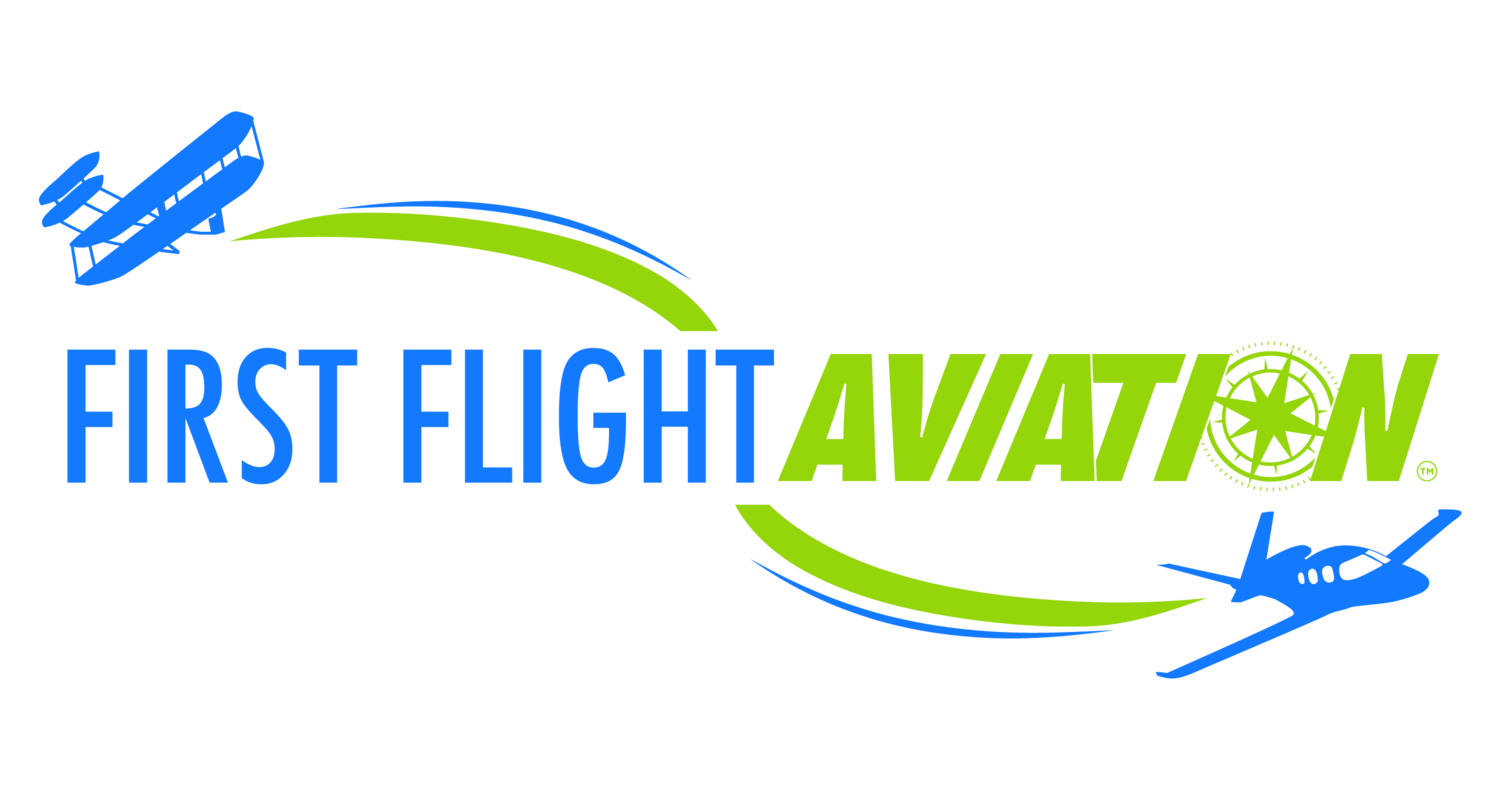
For pilots in Dayton, OH, earning an instrument rating represents one of the most valuable steps in advancing both skill and safety. While basic flight training focuses on visual flight rules (VFR), IFR training equips pilots to operate confidently when weather and visibility deteriorate. Whether you are pursuing a professional aviation career or simply want to become a more capable pilot, investing in instrument flight rules (IFR) instruction in Dayton provides long-term rewards that extend far beyond the cockpit.
Understanding IFR Training and Its Importance
IFR training teaches pilots to navigate and control aircraft solely by reference to instruments, rather than visual cues outside the cockpit. This skill is vital because weather in Ohio can change rapidly, and low visibility conditions can occur with little notice. Pilots trained only under VFR are limited by such conditions, often forced to cancel or delay flights. With an instrument rating, however, you can safely continue your journey even when clouds or poor visibility obscure the horizon.
Beyond convenience, the primary reason for obtaining an instrument rating is safety. According to the Federal Aviation Administration (FAA), weather-related accidents are among the most common causes of general aviation incidents. IFR training emphasizes proper procedures, cockpit resource management, and decision-making under pressure—skills that significantly reduce risk. In Dayton, where the weather varies across seasons, pilots with instrument proficiency are better prepared to manage unexpected changes in flight conditions.
The Benefits of Training Locally in Dayton, OH
Choosing to complete IFR training in Dayton, OH offers a variety of distinct advantages. The city’s proximity to both urban and rural airspace provides a diverse training environment. Dayton International Airport (DAY) and nearby general aviation airports like Wright Brothers Airport (MGY) and Greene County-Lewis A. Jackson Regional Airport (I19) provide excellent facilities for both simulator and in-flight instrument instruction.
The area’s variable weather patterns are particularly beneficial for those looking to learn IFR flying in Dayton. Pilots gain firsthand experience managing real-world weather scenarios, from overcast winter skies to humid summer haze. Local instrument rating flight schools in Ohio often integrate regional meteorological conditions into their training programs, allowing students to practice both planned and reactive decision-making.
In addition, Dayton’s aviation heritage adds unique inspiration. As the birthplace of flight, the region maintains a deep respect for aeronautical advancement. Training in this historical setting provides not just practical education but also a sense of pride and connection to aviation’s roots.
Meeting FAA Instrument Rating Requirements
To earn an instrument rating, pilots must meet specific FAA requirements designed to ensure competence and consistency. While exact details can vary slightly depending on the flight school and type of aircraft, the general instrument rating requirements include holding at least a Private Pilot Certificate and a current medical certificate.
Pilots must complete a minimum of 50 hours of cross-country flight as pilot in command (PIC) and at least 40 hours of actual or simulated instrument time. This includes 15 hours of instruction with a certified instrument flight instructor (CFII). During this time, students learn how to interpret navigation instruments, manage flight plans under IFR, and communicate effectively with air traffic control in controlled airspace.
Additionally, pilots must complete a long cross-country flight under IFR, covering at least 250 nautical miles with instrument approaches at three airports. The FAA also requires passing a computerized knowledge test and a practical test (checkride) with a designated examiner. During the checkride, pilots must demonstrate precision, situational awareness, and adherence to IFR procedures.
Flight schools in Dayton, OH tailor their programs to meet these FAA standards while offering personalized training schedules. Some programs use modern flight simulators to provide safe, repeatable practice for complex scenarios, while others emphasize actual instrument flight experience in a variety of weather conditions.
Selecting the Right Instrument Rating Flight School in Ohio
Choosing the right flight school is one of the most critical decisions when pursuing IFR training. Dayton and surrounding areas feature several respected institutions, from small Part 61 schools offering flexible scheduling to larger Part 141 academies providing structured training paths. Both types can lead to an FAA instrument rating, but the best option depends on your goals, budget, and learning style.
A high-quality instrument rating flight school in Ohio should provide experienced instructors, well-maintained aircraft equipped with IFR avionics, and access to certified flight simulators. Prospective students should look for schools that emphasize safety culture and offer thorough pre- and post-flight briefings.
Equally important is instructor availability. A CFII with extensive IFR experience can make the learning process both efficient and engaging. Many pilots in Dayton choose local schools because instructors often have deep familiarity with the regional airspace, approach procedures, and common ATC routes. This localized expertise translates to smoother real-world operations after certification.
Another factor to consider is whether the school provides glass cockpit training. Modern aircraft often include advanced avionics like Garmin G1000 systems, which can enhance navigation accuracy and situational awareness. Learning on both analog and glass cockpit instruments ensures versatility across aircraft types.
Advancing Your Career and Safety Through IFR Proficiency
For pilots aiming to turn their passion into a career, an instrument rating is a fundamental requirement. Commercial pilot certification, airline employment, and many corporate aviation positions all mandate IFR proficiency. Even private pilots who fly for leisure benefit greatly, as the rating allows them to plan longer cross-country trips with more flexibility and fewer weather-related cancellations.
Beyond the professional implications, the safety benefits are invaluable. A pilot trained in instrument flight can recover from disorientation, maintain control in unexpected weather, and make precise approaches even under poor visibility. In practice, this translates to reduced stress, greater confidence, and enhanced decision-making.
The process of learning IFR flying in Dayton also encourages the development of transferable skills. Time management, situational awareness, and technical precision are just as applicable in other aspects of life and work. The mental discipline required to interpret instruments, anticipate system responses, and coordinate multiple tasks simultaneously builds resilience and focus.
In addition, IFR training deepens understanding of aircraft systems. Students learn how navigation radios, GPS systems, and autopilot functions integrate under IFR conditions. This knowledge improves maintenance awareness and helps pilots troubleshoot issues efficiently during flight.
For pilots in Ohio, holding an instrument rating also expands travel opportunities. With weather variability across the Midwest, being able to operate under IFR allows pilots to maintain consistent flight schedules throughout the year. Whether flying for business or pleasure, an instrument rating ensures readiness for nearly any condition the Dayton skies may offer.
Conclusion
Pursuing IFR training in Dayton, OH is more than just another aviation milestone. It is a commitment to skill, safety, and continuous improvement. The combination of local expertise, variable weather, and a strong aviation community makes Dayton an ideal location to earn this credential. From meeting FAA instrument rating requirements to finding the right instrument rating flight school in Ohio, each step of the journey builds competence and confidence that lasts a lifetime.
For pilots looking to learn IFR flying in Dayton, the investment yields both personal and professional rewards. It opens doors to advanced certifications, career opportunities, and most importantly, the ability to fly safely and confidently regardless of the conditions. In a region where weather can change as quickly as ambition takes flight, the decision to pursue IFR training is not just smart—it is essential.
Need a Fixed-Base Operator in Dayton, OH?
At First Flight Aviation, we’re proud to support pilots in Dayton, OH as they take the next step in their training with instrument flight rules (IFR) certification. As an FAA-certified repair station and full-service FBO located at Dayton-Wright Brothers Airport, our experienced team and top-tier facilities provide everything you need to keep your aircraft in peak condition throughout your training journey. Whether you’re fine-tuning your avionics, preparing for instrument proficiency checks, or simply looking for a trusted aviation partner, we’re here to help you fly with safety, skill, and confidence. Contact us today to learn how we can support your IFR training and aviation goals!
